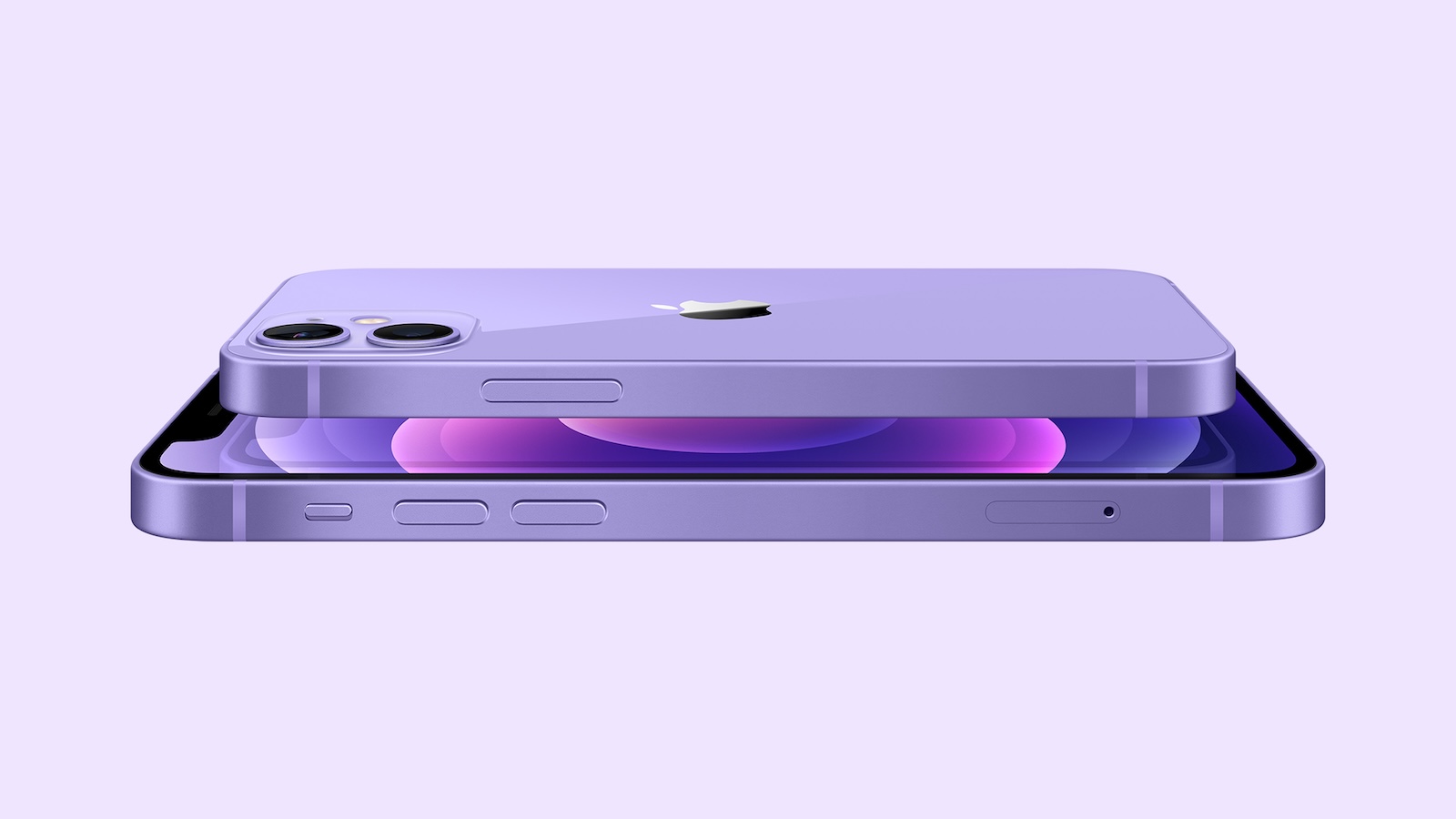Apple to Curb iPhone 12 Radiation With EU-Wide Software Update
Apple Releases EU-Wide Software Update to Reduce iPhone 12 Radiation

Apple announced a significant software update for all iPhone 12 users within the European Union. This update aims to reduce the phone's radiation levels, bringing them into complete alignment with the EU's stringent health and safety standards. This action follows a series of events beginning in France.
The French Dispute and Subsequent EU Action
In September 2023, France's regulatory body, the Agence Française Nationale des Fréquences (ANFR), ordered Apple to halt sales of the iPhone 12. The reason? ANFR's testing showed that the iPhone 12 exceeded the permitted limits for electromagnetic absorption by the body. Read more about the French sales halt here. This prompted Apple to issue a software update specifically for the French market to address the issue, details of which can be found here.
Apple, however, disagreed with ANFR's testing methodology. The company argued that the ANFR used a testing protocol which failed to account for the iPhone 12's built-in off-body detection mechanism. Apple maintained that this mechanism, as detailed in their support documentation, had been extensively tested internationally and proved effective in meeting Specific Absorption Rate (SAR) requirements. SAR measures the rate at which a device absorbs electromagnetic radiation.
Despite Apple's disagreement, the European Commission, the EU's executive branch, recently endorsed France's regulatory actions, deeming them justified. This decision paved the way for the wider EU-wide software update now being rolled out.
The EU-Wide Software Update: What it Means
The new software update, scheduled for release across all 27 EU member states in the coming weeks, directly addresses the radiation concerns raised by ANFR and subsequently endorsed by the European Commission. While Apple continues to maintain its stance that the French testing method was flawed, the company has chosen to comply with the EU's decision. This demonstrates a commitment to meeting European regulatory standards, even while disagreeing with the testing procedures used to determine compliance.
Apple's Stance and Customer Assurance
Apple has issued a statement reiterating its disagreement with ANFR's testing approach but affirming its respect for the European Commission's decision. You can read Apple's full statement here. The company has consistently reassured customers that the iPhone 12 remains safe to use and that this update simply ensures complete compliance with EU regulations. The update itself is designed to reduce the transmitter power of the device, thus lowering its SAR value.
Understanding the Technicalities: SAR and Electromagnetic Radiation
The core of this issue revolves around Specific Absorption Rate (SAR) and electromagnetic radiation. SAR is a measure of the rate at which the human body absorbs radio frequency energy emitted by a wireless device. Regulations exist in various countries and regions to limit SAR levels to protect public health. The EU, in line with many other global bodies, has established strict limits on SAR to minimize potential long-term health risks associated with prolonged exposure to radiofrequency radiation.
The controversy lies in the interpretation and application of these regulations, specifically in the testing methods employed. Apple's argument centers on the belief that the French testing method didn't accurately account for a crucial feature in the iPhone 12's design: the off-body detection mechanism. This mechanism is intended to reduce radiation levels when the phone is held away from the user's body. The debate underscores the complexities of testing and regulating the ever-evolving technology of wireless devices.
Implications for Consumers and the Future of Device Regulation
For iPhone 12 users in the EU, the software update is a straightforward process that will bring their devices into full compliance with the region's safety standards. The update itself should be seamless and will not affect the overall functionality of the device. Apple assures users that they can continue using their iPhones with complete confidence.
This situation also highlights the ongoing challenges in regulating the technology sector. Rapid technological advancements often outpace regulatory frameworks, leading to disagreements and controversies, as seen in the case of the iPhone 12. It underscores the need for clear, consistent, and internationally harmonized testing methodologies to ensure both innovation and public safety are prioritized.
Conclusion
Apple's decision to implement a software update to address EU radiation concerns, despite their disagreement with the testing methodology, showcases a commitment to complying with European regulations. While the underlying debate regarding testing protocols remains, the update provides peace of mind for iPhone 12 users across the EU. The situation also serves as a reminder of the continuous dialogue and adjustments needed to navigate the evolving landscape of technological regulation and public health considerations.
This article, "Apple to Curb iPhone 12 Radiation With EU-Wide Software Update" first appeared on MacRumors.com
Discuss this article in our forums
from MacRumors
-via DynaSage

